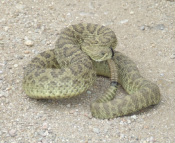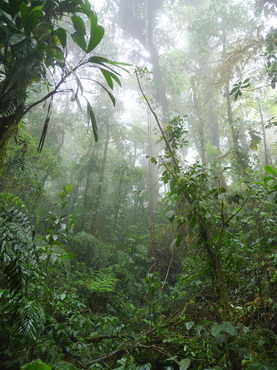
YA writers stormed the internet with impassioned responses. Some of the best ones I read came from Sherman Alexie (The Absolutely True Story of a Part Time Indian) and Jay Asher (Thirteen Reasons Why). Lauren Myracle and Gurdan were later interviewed on NPR.
I won’t rehash it all but basically these YA authors believe (primarily because their readers have told them so again and again) that their books are saving lives. They believe that there are kids who need to read about the difficult topics of suicide, abuse, rape, homosexuality and homophobia, self mutilation, drug abuse, and the list goes on, because these kids are already immersed in these problems, whether we want to believe it or not. These kids deserve to have books that show them that they are not alone, and to help them work out ways to deal with their pain.
I agree.
I also agree with Megan Cox Gurdan that many YA books are much darker than anything I read as a 12 to 18-year-old. I’m sure there are kids in this age range who either aren’t prepared for many of the disturbing topics offered up today, or just want an alternative. There are those among us who grow tired of reality, and just want some good escapist literature to pull us into another world.
Variety is what I call for. Something for everyone! And I think YA literature is leaning toward variety more than it was a decade ago, when it seemed like every book I found in the YA section was about some horrible situation made even more horrible by the fact that it could be true for any number of kids out there.
Taboo subjects get a lot of press, but there are YA books out there without that stomach-clenching reality, and this needs to continue on both fronts. Kids, like adults, come in all shapes, sizes and psyches. They need different kinds of stories. We need to keep writing them, and publishers need to publish them from both ends of the spectrum right through the middle.
Personally, I like my scary fiction more fictional. Sure, we can talk about difficult subjects, but let’s put them in a dystopian future, like Feed, or The Giver, or OMG The Hunger Games. (See my rave review in my Kid’s Book Reviews.) Scare me! Please! But in a fun, safe way. Maybe you could use a vampire or a werewolf, so that when I put the book down I can sleep at night. Personally, I don’t want to dream about a sadistic rapist or being at the mercy of a drug addicted parent who carries a gun. I fully recognize that this is my personal need, not to be forced on all YA readers, but I also know that I am not alone in this leterary preference.
Dark reality in fiction means I must not only empathize with and fear for the characters I’ve grown to love, but I must worry about real people out there living in similar situations, and maybe even fear for my own safety and that of my family. That’s ok, even good sometimes, but I think we all need a break from it, too.
Difficult, ugly, real topics need to be discussed. We should not sweep them under the carpet and pretend they don’t exist. I don’t wish ANY books to be banned. I only want us to be certain that when a child of any age walks into a library or a bookstore, and goes to their designated area they don’t have to walk out empty handed because publishers think one size fits all.

